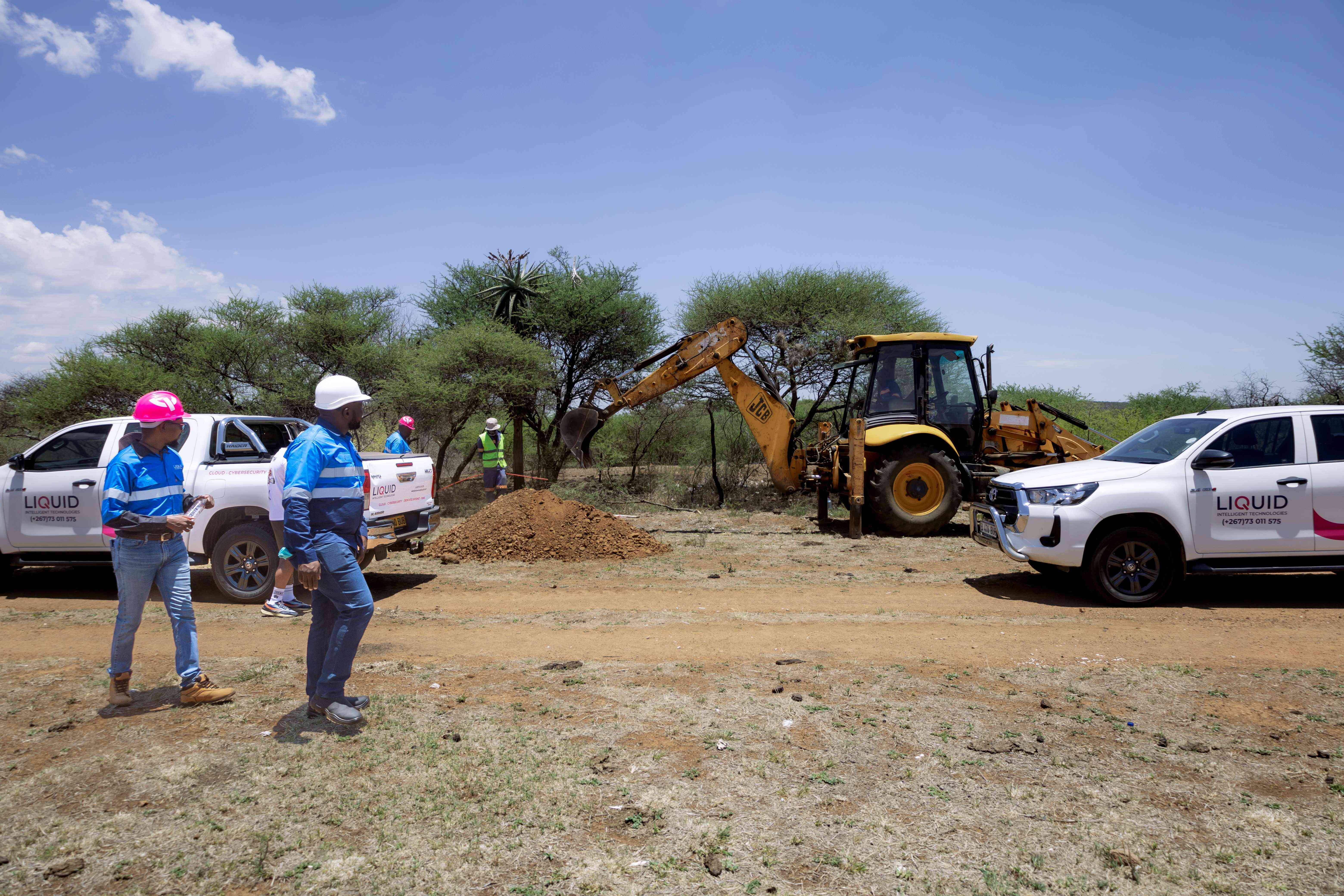
A HOUSING co-operative in Hatfield, St Martin’s Housing Co-operative Society Limited, has taken the City of Harare to task after the latter took six years to respond turning down their application for the allocation of land to its members.
The housing co-operative, however, got a reprieve when the High Court gave it the greenlight to challenge council’s decision.
Members of the co-operative approached the courts arguing that council’s response was made without considering the results of the interviews of individual applicants.
The co-operative had approached the court for condonation of late filing of an application for review of the council’s decision declining allocation of land to it for the benefit of its members.
The co-operative was registered in 2013 with the primary objective of applying for land for developing medium-density housing units for its members.
It approached City of Harare for allocation of land it had identified in the St Martins area opposite One Commando Barracks through the office of the district administrator (now district development co-ordinator) Harare Central District, which referred it to the Department of Housing at City of Harare.
The co-operative members were invited to undergo interviews at council offices in February 2018, with 62 members being interviewed.
But no communication was made to either the co-operative or its members advising of the outcome of the interviews.
- Mayhem as schools reject Zimdollar fees
- TIMB boss in court
- Zacc descends on 'delinquent' schools
- A president who’s always seeing enemies, detractors is oftentimes the problem
Keep Reading
Council officials demanded payment of US$5 per co-operative member towards purchase of the land, which served as their contribution towards servicing of the land in question.
The amount was further reviewed to US$10, but members refused to pay, arguing that they had a donor who was willing to service the land.
The matter was not resolved, although representations were made to the Local Government ministry and the district administrator’s office.
The co-operative leadership also approached the Zimbabwe Anti-Corruption Commission in vain.
It approached the courts through legal practitioner Tawanda Takaindisa of Takaindisa Law Chambers, who filed two urgent chamber applications seeking to interdict the council from disposing of the land without meeting their legitimate expectations or alternatively providing the co-operative reasons for being denied allocation after undergoing interviews.
The court applications were both withdrawn to allow council to make an official communication of its reason to delay releasing the results.
Council, however, through housing and community services director Admore Nhekairo, advised the co-operative that the members were incapacitated in both income and savings to be allocated the land.
However, the members argued that the letter had signs of recent fabrications, with no explanation on why interviews conducted in 2018 were only assessed 10 months later.
The co-operative also argued that the letter did not bear council’s date stamp indicating when in it was dispatched, while there was also no reference to the need for co-operative members to join council pay schemes.
High Court judge Justice Moses Foroma ruled that council did not communicate with the co-operative members before disregarding Harare City’s opposing affidavit on account of it being a self-serving perjury.
Justice Foroma said the application was as good as unopposed.
“In the circumstances, it is ordered that the applicant’s application for condonation of late filing of an application for review is hereby granted,” he ruled.











